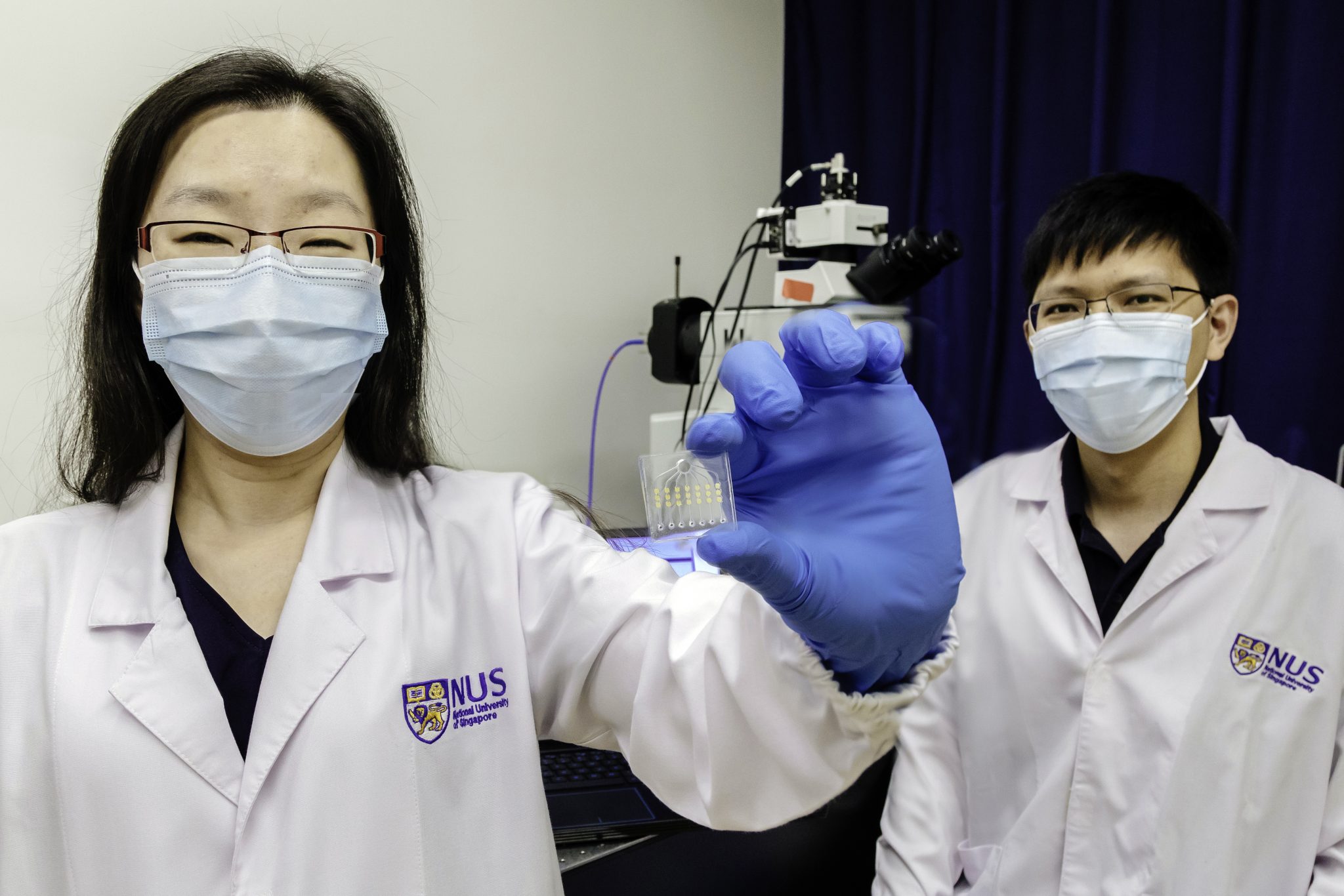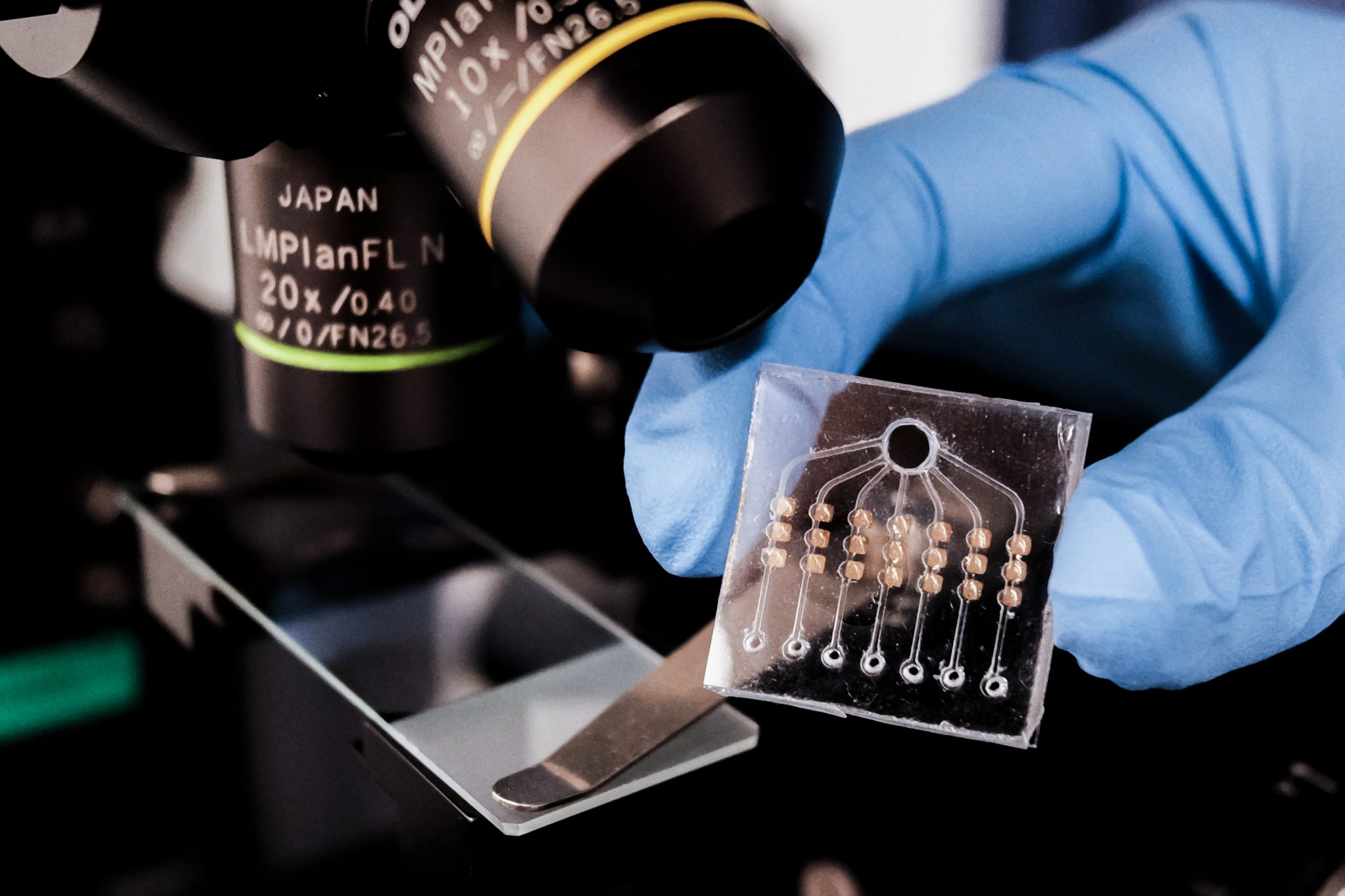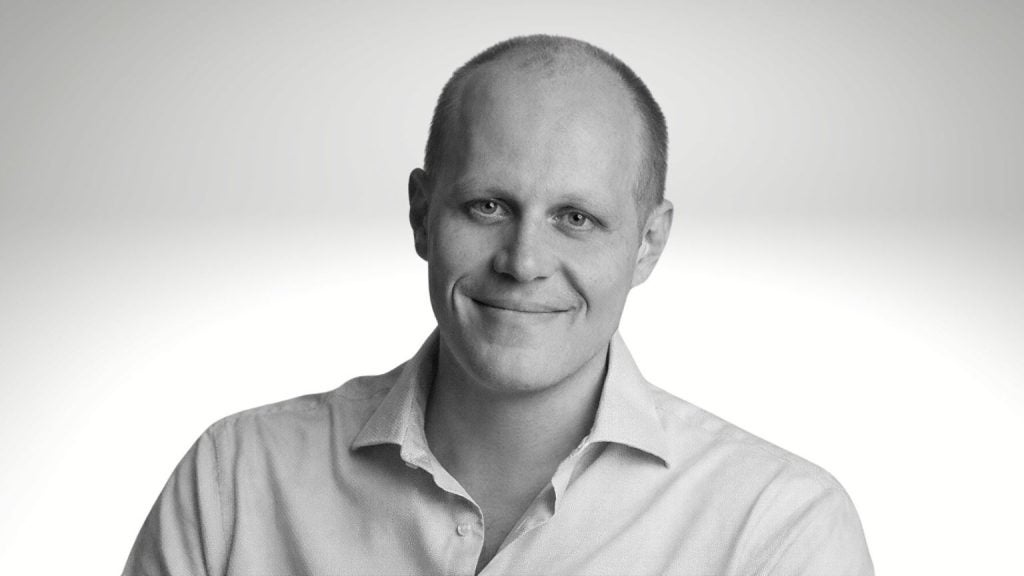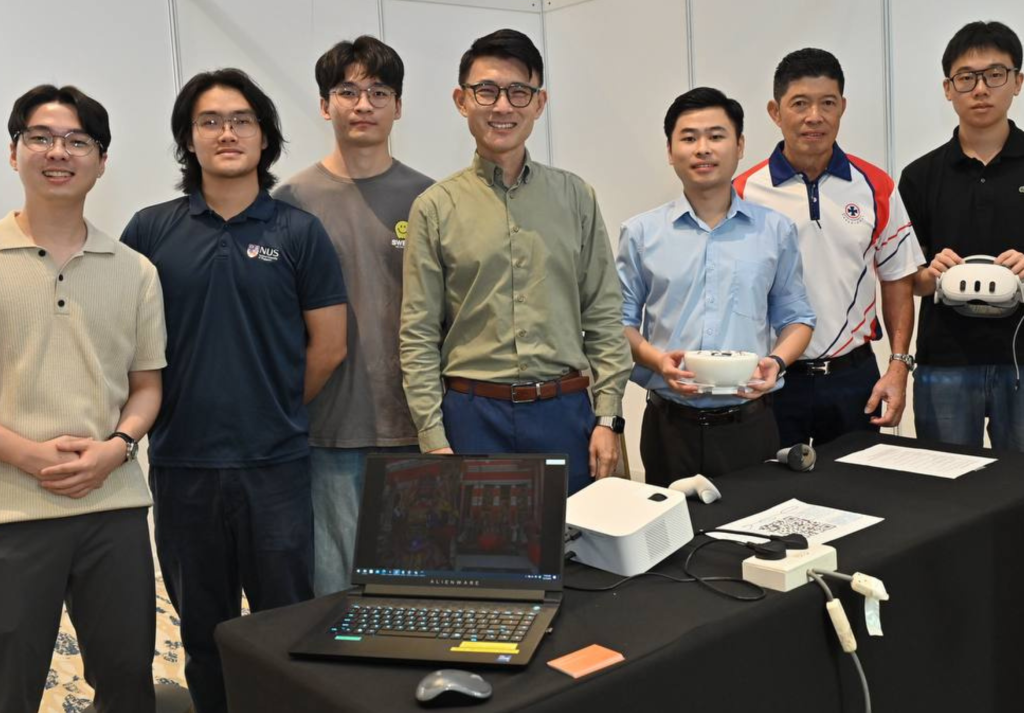
An innovative nanotechnology blood test to quickly assess the effectiveness of targeted cancer therapy has been developed by NUS researchers.
The system called ExoSCOPE could tell doctors whether cancer drugs are working for a patient within 24 hours of the start of the treatment.
The new system is much simpler, cheaper and is less invasive than current assessment methods, which can take weeks to return results.
ExoSCOPE was developed by a team of researchers led by Assistant Professor Shao Huilin, NUS Dept of Biomedical Engineering and Institute for Health Innovation & Technology (iHealthtech).
Unlike conventional chemotherapies that interfere with all rapidly dividing cells and can cause widespread damage to cells, targeted medicines attack specific molecules that instruct cancer cells to grow and spread and in turn, block the abnormal growth of the cancer.

Despite the specific nature of targeted drugs, current clinical evaluation of their treatment in solid tumours primarily relies on either tumour volumetric imaging, which is insensitive and delayed, or invasive tissue biopsies.
The new test uses liquid biopsies instead and detects particles secreted by cancer cells and circulating in blood as a reflective indicator of drug effectiveness.
By significantly speeding up the evaluation process, the test will enable doctors to make adjustments to the targeted treatment and improve chances of recovery.
"This method requires only a tiny amount of blood for analysis and each test takes less than one hour to complete," said Asst Prof Shao.
"So, it is less invasive and yet more informative. In this way, doctors can monitor a patient's response to treatment more regularly and make timely adjustments to customise it for better outcomes."
For more on this story, click here to go to NUS News





